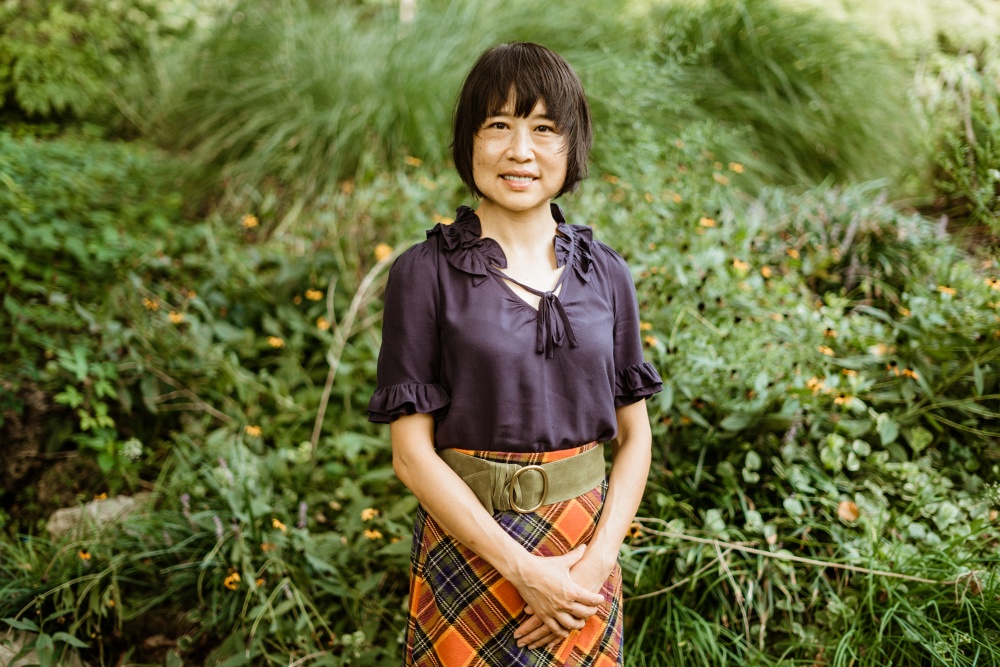Introduction
Recently, I listened to a “To the Best of Our Knowledge” podcast episode titled “Luminous: Can Psychedelics Be Decolonized?” and participated in a training on “Critical Self-Location in Relation to Medicinal Harvesting and Land-Based Practices” offered by Pacific Rim College. This combination inspired me to write this article to share my learnings, focusing on the ethical considerations surrounding the appropriation of Indigenous knowledge and practices in the context of psychedelics.
Historical Context
Psychedelic substances such as psilocybin, ayahuasca, and peyote have been used for centuries by Indigenous cultures for spiritual and healing purposes. Yet, when Western scientists and explorers “discovered” these substances in the mid-20th century, they often extracted and commercialized them without proper acknowledgment or compensation to the Indigenous communities.
Case Study: Maria Sabina
Maria Sabina, a Mazatec curandera, was pivotal in introducing psilocybin mushrooms to the Western world. Her knowledge was exploited, leading to her community’s suffering and her ostracization. This story exemplifies the pattern of exploitation and the ethical breaches that have marred the history of psychedelic research.
Modern Pharmaceutical Practices
The pharmaceutical industry continues to profit from these traditional medicines. Companies like Parke-Davis (now Pfizer) have historically engaged in bioprospecting, extracting plant materials from Indigenous territories without fair compensation or acknowledgment.
Dr. Yuria Celidwen’s Critique
Dr. Yuria Celidwen, an Indigenous scholar at the University of California Berkeley, emphasizes that the Western approach to psychedelics often strips away the communal and compassionate aspects of their traditional use. She argues that Indigenous practices are rooted in a holistic view of healing that includes compassion for all beings and the Earth, contrasting sharply with the individualistic and profit-driven Western paradigm.
Compassion in Traditional Healing
In Indigenous traditions, healing extends beyond personal wellness to encompass community well-being and environmental stewardship. This holistic approach aligns closely with the Buddhist concept of Karuna (compassion), which is central to the vision of Karviva. We can foster a more compassionate and ethical approach to wellness by embracing and respecting these traditional practices.
Land-Based Practices and Critical Self-Location
Engaging respectfully with Indigenous lands is vital for ethical medicinal harvesting and other land-based activities. This involves acknowledging the traditional territories, building genuine relationships with local Indigenous communities, and adhering to their protocols. Critical self-location is about understanding one’s relationship to the land, recognizing privileges, and practicing reciprocity. Integrating these principles ensures that our practices honor Indigenous knowledge and sovereignty.
Conclusion
Decolonizing psychedelics involves more than just sharing profits. It requires a fundamental shift in how we view and use these sacred medicines. By acknowledging past wrongs, involving Indigenous voices in the conversation, and prioritizing compassion and community, we can move towards a more ethical and inclusive future for psychedelic therapy.
Call to Action
As we move forward, let us commit to understanding and appreciating traditional Eastern and Indigenous healing practices, ensuring that our pursuit of wellness is rooted in compassion and respect for all cultures.









